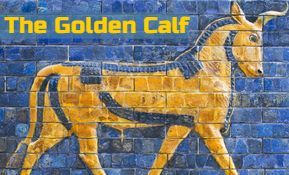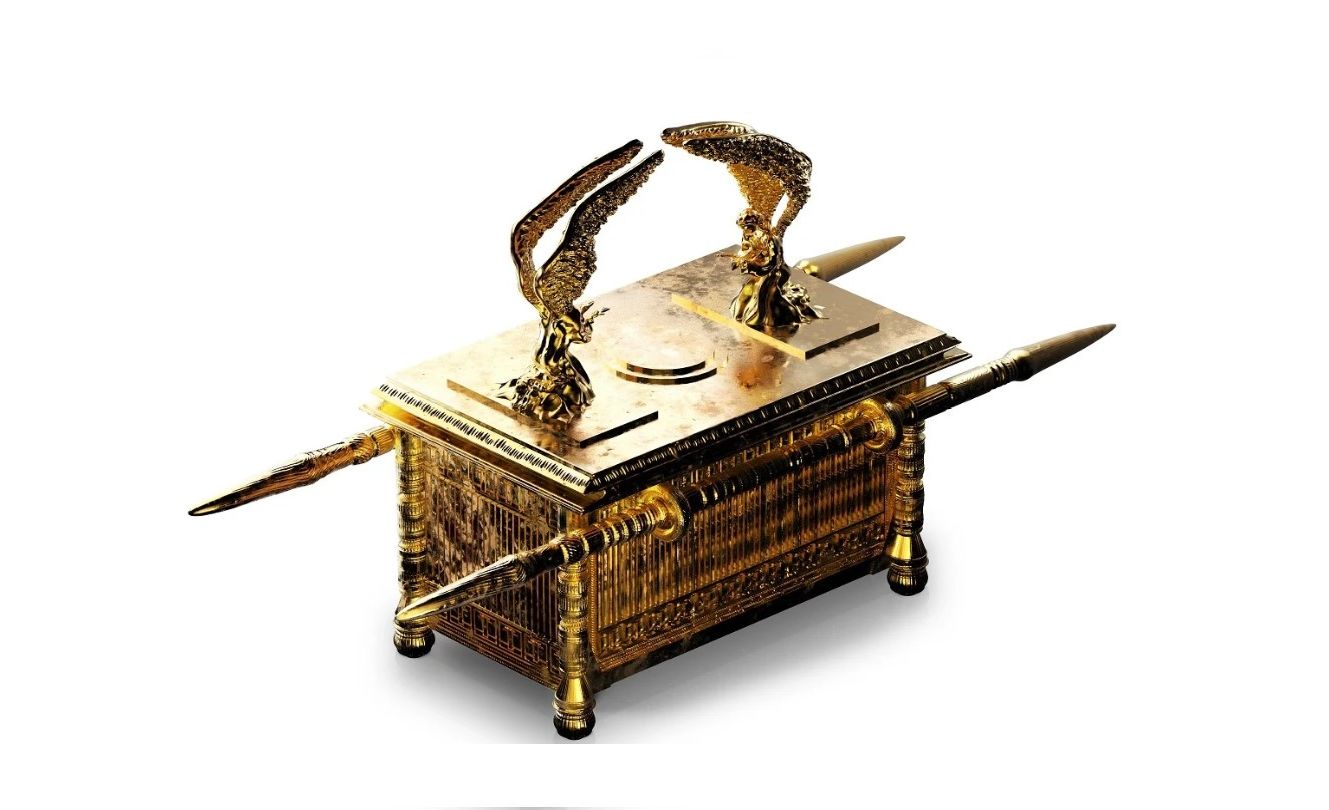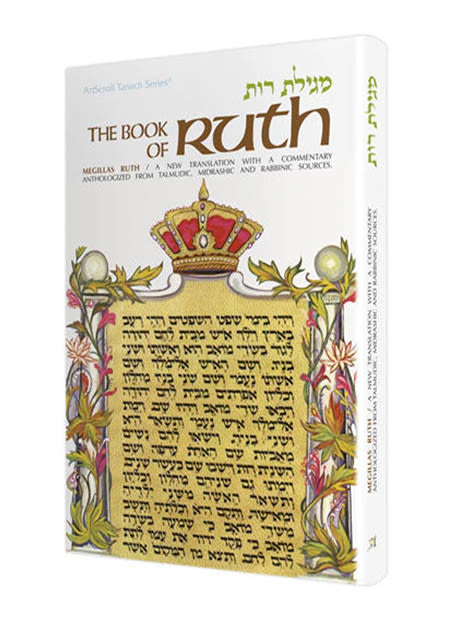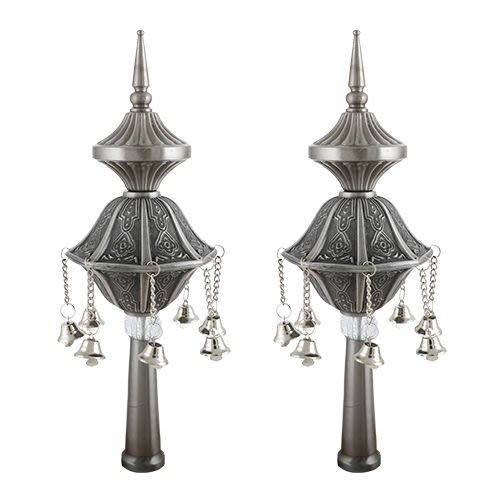
Mikeitz: Faith and Trust
“It happened at the end of two years to the day: Pharaoh was dreaming that behold! – he was standing over the river”...

Yosef’s Trust in God
“It happened at the end of two years to the day: Pharaoh was dreaming that behold! – he was standing over the river” (Bereishit 41:1).
What is the Torah referring when it states that ‘two years’ ended?
Rashi explains (Bereishit 40:23), “Because Yosef (Joseph) put his hope in the Chief Butler and trusted him to mention his plight to Pharaoh, he needed to remain in jail another two years.” This implies that because Yosef placed his trust in the butler instead of in God Himself, his prison sentence was increased by two years.
Rashi is referring to the incident where Yosef interpreted the dreams of the Chief Butler and the Chief Baker (end of Parshas Vayeishev, Chapter 40. Click here for a synopsis). After Yosef interpreted the dream of the Chief Butler, Yosef said, “In another three days, Pharaoh will lift up your head and will restore you to your post.” After informing him that he would be restored to his post, Yosef implored him to intercede on his behalf: “If only you would think of me with yourself when he benefits you, and you will do me a kindness, if you please, and mention me to Pharaoh.”
For imploring the Chief Butler to intercede on his behalf, Yosef was penalized with another two years imprisonment. Rashi continues with a comment that seems to be contradictory, describing Yosef as placing his entire trust in God, “As it says (Tehillim 40:5): ‘Praiseworthy is the one who places his trust in God’ – this is Yosef.” The verse in Tehillim continues: “…and turned not to the arrogant, and to those who stray after falsehood” – this is Yosef, exclaim the Sages (Midrash Raba, 89:3). This is the same Yosef who implored the butler, an arrogant Egyptian politician, to intercede on his behalf!
There seems to be a contradiction. First, Yosef is described as the epitome of a man who trusts in God. Then he is taken to fault for a lack of bitachon – trust in God, because he asked the arrogant Chief Butler to intercede on his behalf.
Even more troubling, why was Yosef punished? We are expected to make the efforts to attain what we need; what did Yosef do wrong by requesting that the butler intercede on his behalf?
The Chazon Ish, in “Emunah U’Bitachon” writes: “The Sages mean to say that Yosef knew that his salvation doesn’t depend on his efforts and that everything is in the hands of God. But since a person is required to make efforts and not to rely on a miracle, Yosef saw the necessity to utilize this opportunity to request a favor from the Chief Butler. Since it’s not the nature of the proud and haughty to remember and return a favor, however, such an action indicated desperation and despair. A person in desperation will do anything he can, even things that appear far from having any apparent real benefit. But someone with bitachon shouldn’t engage in such endeavors for such an action is unnecessary. This act is like throwing dust on the brilliant sheen of emunah (faith) and bitachon (trust). Since it’s not necessary, it is considered wrong.
“When our Sages criticized Yosef, their intention was to fault the external action and not the internal attribute of bitachon. For Yosef certainly knew that help comes only from God and not from man. But according to the tradition of our Sages, Yosef made an incorrect judgment when he considered it necessary to ask a favor from the Chief Butler. He shouldn’t have appealed to an arrogant person.”
The Chazon Ish explains elsewhere that faith and trust cannot be defined with exactitude, for there are infinite levels of faith and trust. Someone as great as Yosef, who knew with certainty that God determines all the steps of man, should not have sought his salvation through the butler. An ordinary person would have been hypocritical to sit and wait for miracles, for he doesn’t have sufficient faith and trust to do so. For such a person, it might have been considered presumptuous to ignore the opportunity presented by the butler’s pending freedom and connection to Pharaoh. But Yosef, who was praised by the Sages for his high degree of trust in God, should not have relied on any human agency, especially the immoral, arrogant Chief Butler.
Emunah is the belief that God exists. Bitachon – trust – is the conviction that God is involved in the events of our lives and that their outcome is a result of His Divine will. In the words of the Chazon Ish: “A chronic error appears in the mind of many people about the concept of trust in God (bitachon): Bitachon is considered by them to be a praiseworthy and essential trait which means to believe that when facing an uncertain future with two possibilities before him, one good and the other not – that only the good will be. If he’s in doubt and is concerned about the bad then he’s lacking in bitachon. This idea is not correct. Unless the future has been clarified by prophecy, it is not decided. For who knows the judgments of God and His rewards? In truth, the concept of bitachon is the belief that there are no random accidents in the world and that all that is done is by Divine decree.”
Bitachon and Hishtadlut
The Beit HaLevi teaches us that the Torah permits us to make the necessary efforts for our personal needs – known as hishtadlut. In Brachot 35b, Rabbi Yishmael says: “The Torah writes (Devarim 11:14): “…and you shall gather your grain, your wine and your oil’ – in other words, you should combine learning Torah with the regular means of making a livelihood.” This is because not every man can come to the highest degree of bitachon.
Hishtadlut, according to the Beit HaLevi, is a means by which we assist ourselves to come to a higher level of bitachon. This is similar to other situations where we find the Torah permits certain things to assist us in attaining the preferred level. For example, our Sages said: “A person should always involve himself in Torah and mitzvot, even if he isn’t doing it for the sake of Heaven, for though his involvement which is not for the sake of Heaven, he will eventually come to do it for the sake of Heaven.”
The amount of hishtadlut permitted for each individual is different. A great Tzaddik who trusts God entirely should only do a minimum of work, and if he increases his histadlut more than his level requires, it would be considered a sin against his bitachon in God. On the other hand, someone whose bitachon is on a low ebb is permitted do more work than most, until he can find peace of mind and trust in God. When a man does more hishtadlut than his level would permit, the Heavenly punishment is that he’ll actually need more and more hishtadlut and he’ll have to put more effort into his work for a livelihood, a punishment which is measure for measure.
When Yosef, who was on the highest level of bitachon – “Praiseworthy is the one who places his trust in God’ – this is Yosef” – placed his trust in the Chief Butler, he was left to the devices of that arrogant, immoral Egyptian: “Yet the Chief Butler did not remember Yosef, but he forgot him.”
Yosef is Summoned
For an additional two years Yosef languished in the deep, dark pit that was his dungeon. Then Pharaoh had the agitating dream, and none of the necromancers and wise men of Egypt could interpret it. Seeing Pharaoh’s anguished state, the Chief Butler realized he would be putting himself in great jeopardy by withholding the knowledge of someone who could interpret Pharaoh’s dream correctly. He ‘remembered’ Yosef, Pharaoh sent and summoned Yosef, saying: “Now I heard it said of you that you comprehend a dream to interpret it.”
Here was Yosef’s big chance! He could earn his freedom with a few choice words. Yet, when God punishes a Tzaddik, the lesson sinks in. The two years weren’t for naught, for we see in Yosef’s response how he rose to the heights of bitachon that are, perhaps, unparalleled in human history.
“Yosef answered Pharaoh, saying, “That is beyond me; it is God Who will respond with Pharaoh’s welfare” (Ibid. 16).
Humbly, Yosef gave credit to the One to Whom credit was due, refusing to accept the implication that he had any great genius in interpreting dreams. Despite the real danger that he might be sent back to jail, Yosef’s integrity would not permit him to accept credit for himself. With this statement, he showed that he had acquired the highest level of bitachon, in which he saw his talents and abilities as God given gifts that he could actualize only with God’s assistance.
Rabbi Eliyahu Dessler asks a strong question. How could it be that immediately after interpreting Pharaoh’s dream Yosef said (Bereishit 41:33): “Now let Pharaoh seek out a discerning and wise man and set him over the land of Egypt.” Isn’t this a blatant hint to Pharaoh, an attempt to seize the opportunity and change his destiny after the years of suffering in imprisonment? Is this the kind of hishtadlut suitable for Yosef HaTzaddik, Yosef the Righteous, who had worked on himself to achieve the highest degree of bitachon possible?
Rabbi Dessler explained that Yosef took advantage of the two extra years of imprisonment to build the foundation upon which Bitachon is based: We must be absolutely clear that in any event God brings our way, there is no power to the apparent cause of the event, the only power is the One who is the Prime Cause and Mover of all events. We know Yosef reached clarity in this from his response to Pharaoh: “That is beyond me…”
After Yosef had reached this level, he could the hishtadlut that was incumbent upon him: to interpret Pharaoh’s dream and even say: “Now let Pharaoh seek out a discerning and wise man…” There was no fault in his bitachon now, for it isn’t the deed of hishtadlut which harms bitachon; the harm comes from depending on the deed instead of on God.
That is our task in this world – to do our hishtadlut, while putting our faith in God!











Tell us what you think!
Thank you for your comment!
It will be published after approval by the Editor.